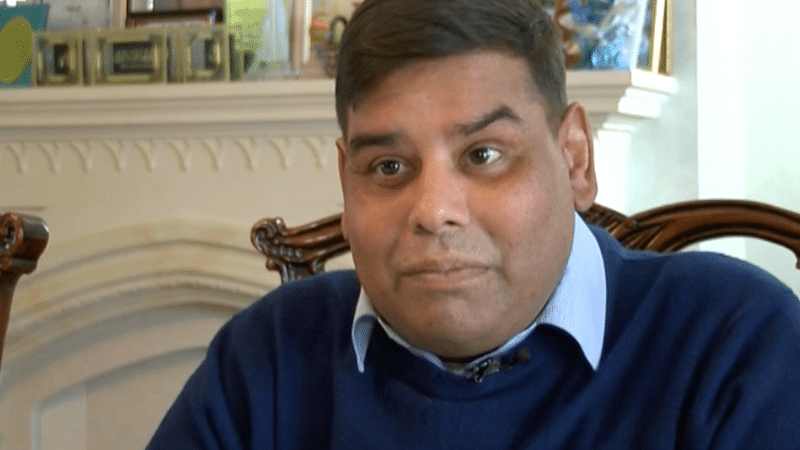A Labour Party-endorsed definition of Islamophobia should not be allowed to steer Government policy, a senior Muslim politician has warned.
Former Labour MP Khalid Mahmood, one of the first Muslims to be elected to Westminster, cautioned the Government against “blindly accepting” the official party line on Islamophobia.
Last year, The Christian Institute’s Director Ciarán Kelly indicated that Christians who say “Islam is false” or that “Jesus is the only way to God” could be caught by the broad definition.
‘Legitimate criticism’
Mahmood said he disagreed with the Labour Party definition, and argued that it would not help to “tackle discrimination”.
Dr Taj Hargey, Director of Muslim think tank the Oxford Institute for British Islam, counselled against creating “an artificial definition of Islamophobia”.
He explained that “tackling hate speech and intimidatory threats against anyone is to be welcomed. But there are already existing laws that deal adequately with such bigotry and discrimination”.
And co-author of the ‘Prevent’ strategy Haras Rafiq said it is crucial “not to repeat past mistakes by conflating legitimate criticism of certain extremist interpretations of Islam with bigotry against Muslims”.
Equality Law
In September, Faith Minister Lord Khan admitted that the Labour Party’s controversial definition is “not in line” with equality laws, and pledged that the Government would “never inhibit the lawful right to freedom of expression” when tackling ‘religious hatred’.
Deputy Prime Minister Angela Rayner is reportedly planning to appoint a council within the Ministry of Housing, Communities and Local Government to advise on tackling racial and religious hatred, including Islamophobia.
In response to recent concerns, a spokesman for the Department said: “We are firmly committed to tackling all forms of hatred and division”. He added: “We will provide further updates on this in due course.”

Govt rebuffs civil service calls to broaden extremism definition
Education Secretary pledges to relaunch blocked uni free speech law

